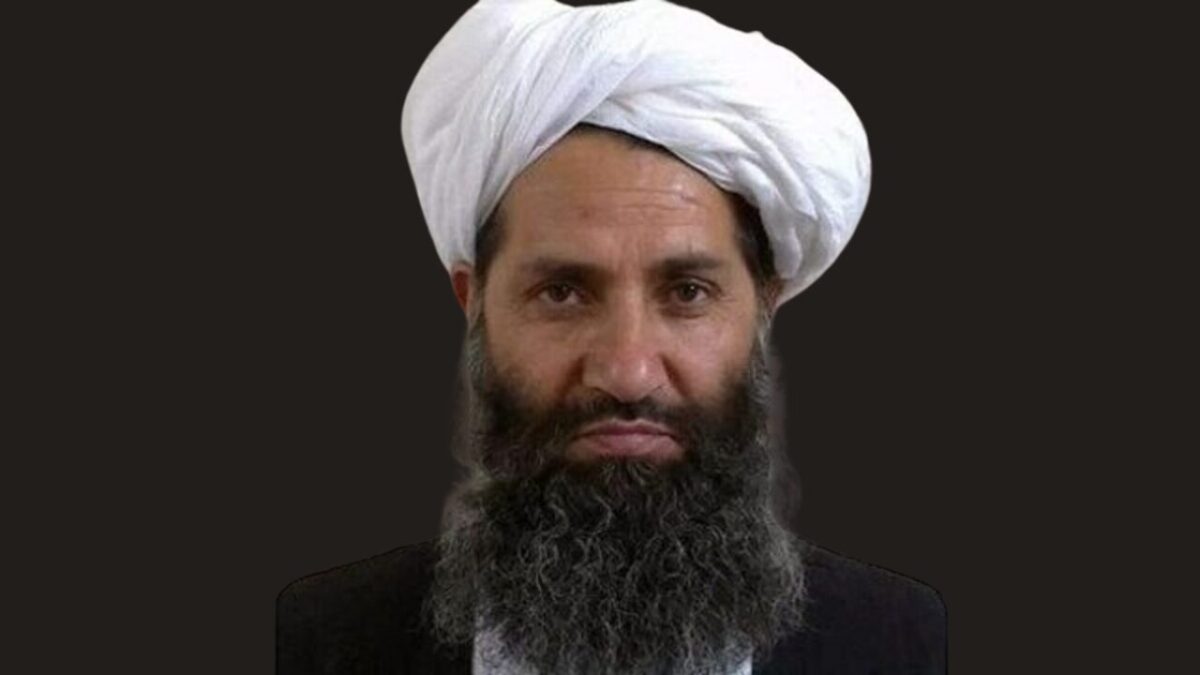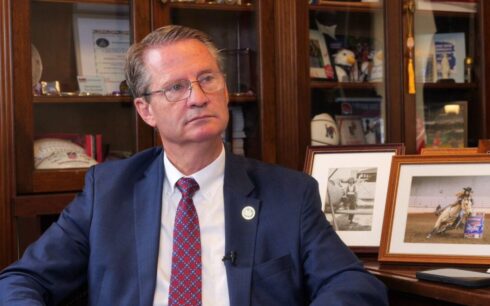KABUL, Afghanistan — The Taliban’s supreme leader, Hibatullah Akhundzada, has reiterated his support for the enforcement of hudud and qisas — Islamic punishments that include public executions, floggings and amputations — in a message marking the Eid al-Fitr holiday.
In his annual address, released by Taliban media on Thursday, March 27, Akhundzada claimed that “security has been established across Afghanistan” and urged citizens to express gratitude. His remarks came despite a recent wave of violence across the country, including deadly suicide bombings and armed attacks, some of which have targeted Taliban officials.
Among the most high-profile incidents in recent months were a suicide bombing outside a Kabul Bank branch in Kunduz and an explosion at the Ministry of Urban Development in Kabul. Both attacks killed civilians and Taliban personnel.
Human rights organizations and U.N. agencies have repeatedly condemned the Taliban’s reintroduction of corporal punishments in public, calling them violations of international law and fundamental rights. Since reclaiming power in August 2021, the Taliban have carried out public lashings and executions despite earlier pledges of a more moderate rule.
In his message, Akhundzada also emphasized the importance of obedience to Taliban authority, calling it “a core principle of Islamic governance.” The comments come amid growing reports of internal rifts within the Taliban’s leadership, particularly between Akhundzada’s circle in Kandahar and the Haqqani network, which holds several powerful positions in the cabinet.
Interior Minister Sirajuddin Haqqani — a prominent figure within the movement — has not returned to his ministry for nearly two months, according to Taliban officials. His prolonged absence has fueled speculation of discord at the top levels of the Taliban government.
Akhundzada, who remains largely hidden from public view, also used the address to criticize foreign governments, warning them against interfering in Afghanistan’s domestic affairs. “Foreign meddling is an obstacle to national progress,” he said.
The remarks followed reports that a U.S. delegation visiting Kabul had presented Taliban officials with two proposals: the return of U.S. military equipment left behind in 2021, or the reopening of Bagram Air Base under American oversight. The Taliban have not issued a formal response to either option.
Addressing education, Akhundzada insisted that instruction in Afghanistan must be “aligned with Sharia” and grounded in “Islamic beliefs.” His message comes as the country enters its fourth academic year under Taliban rule with girls barred from attending secondary schools and universities.
At a recent ceremony marking the start of the school year in Kabul, Taliban Education Minister Habibullah Agha made no reference to the ongoing education ban — continuing the leadership’s silence on the issue.
International condemnation of the Taliban’s restrictions on women and girls has intensified, with rights advocates describing the education ban as among the most extreme in the world. Critics say it has played a central role in deepening Afghanistan’s international isolation and blocking pathways to aid, development, and recognition.





